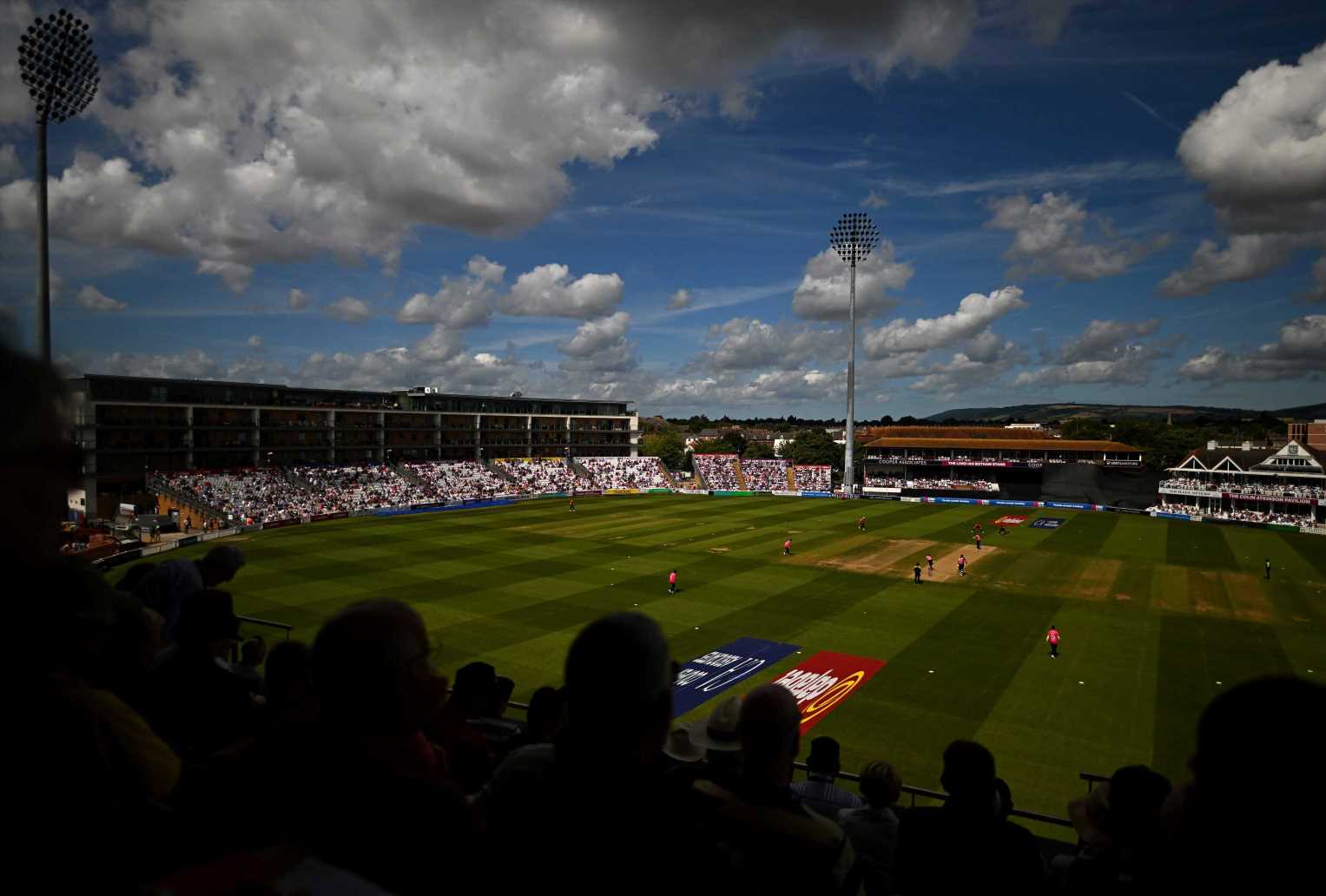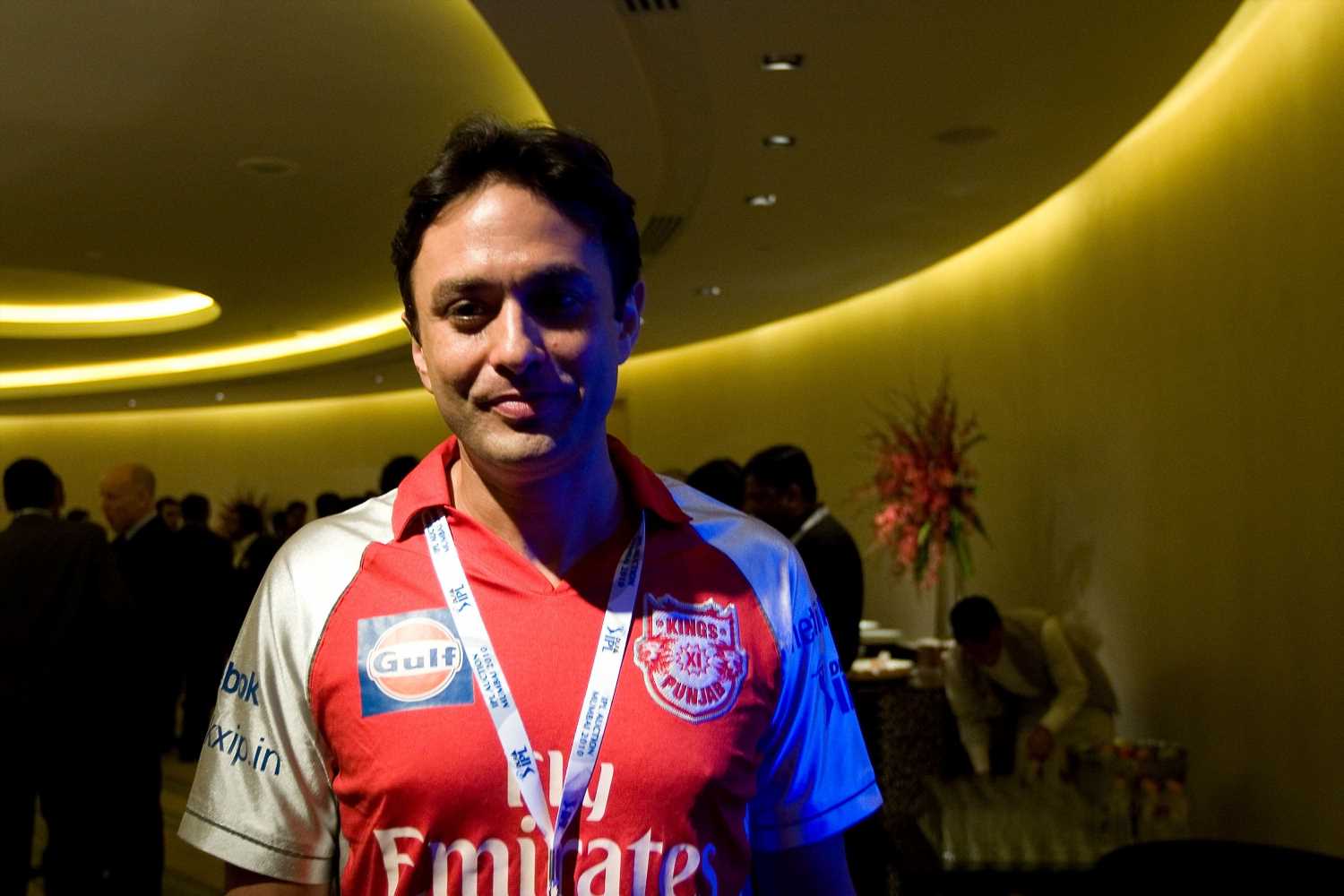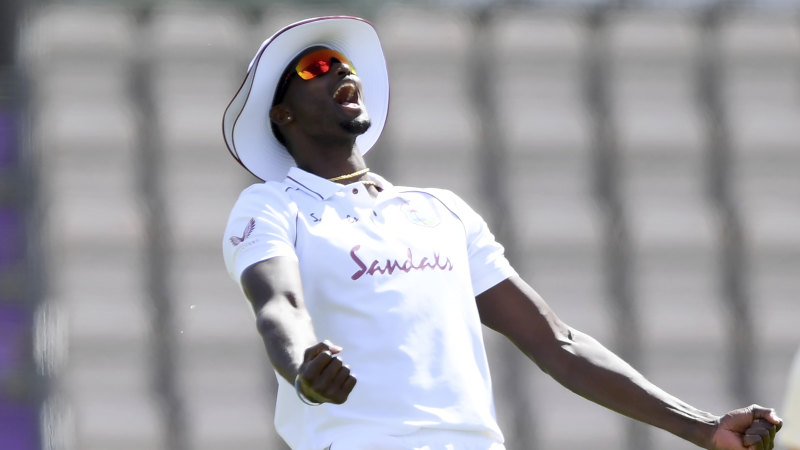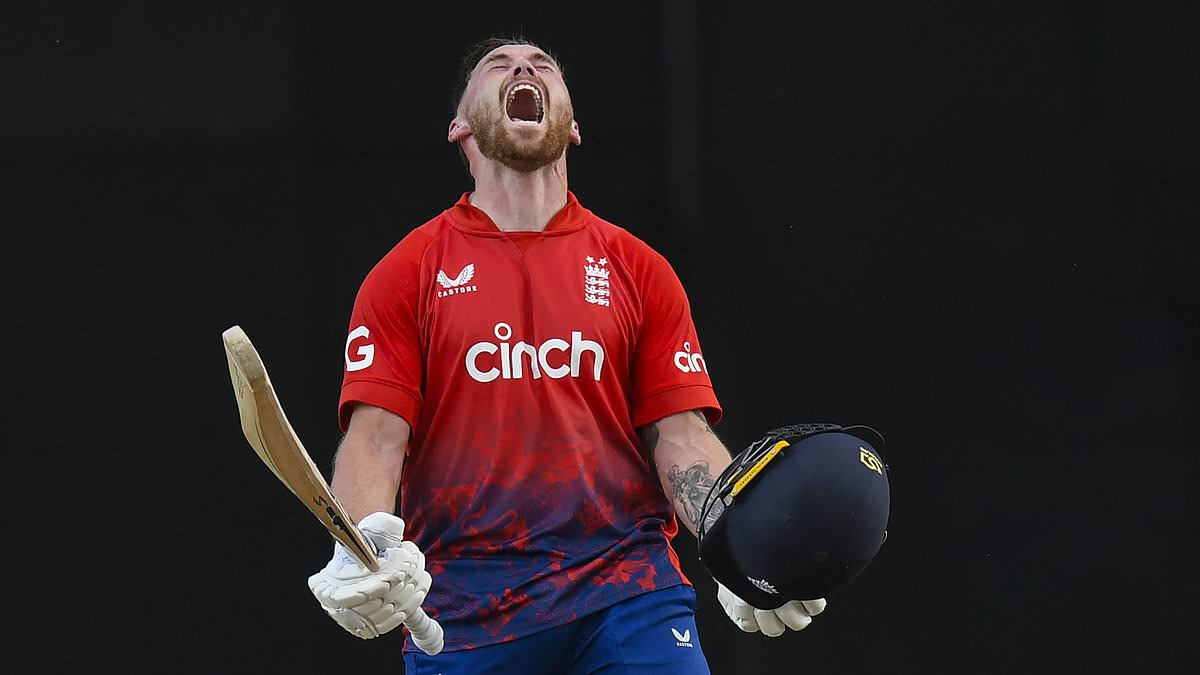County cricket needs private investment, insists the former Hampshire chairman
England’s underwhelming World Cup campaign hardly seemed to be the end of one era or the beginning of another.
In domestic cricket, though, there’s a sense that change is coming. And that the county game as we know it, could well be turned on its head by an influx of previously unseen private investment from within these borders and also far beyond them.
Rod Bransgrove, Hampshire’s recently-retired chairman, is better placed to discuss this revolution than most. No individual in the history of the sport in this country has sunk as much of his own money into a single county. And without his largesse, it’s eminently possible that we would be talking about 17, rather than 18 first-class counties, given the parlous state of Hampshire’s future when he stepped in to save them in 2000.
Now he tells The Independent that the time has come for the county game to accept that private investment isn’t a threat to domestic cricket, but perhaps the only means it has to continue to survive.
“I’ve been very supportive to Hampshire, which is my team, but I’m basically a cricket lover,” says the man who has ploughed £15m of his own fortune into the club over the past two decades and more.
“In five years’ time, I think the landscape will look very different. There will be more private ownership. I do think that sport is very sexy in the investment marketplace and within cricket in particular. The growth of the international franchises is on a bit of a roll.
“We’d be negligent if we didn’t open our eyes and take advantage of it.”
Rod Bransgrove (left) was a longstanding chair of Hampshire County Cricket Club
Both Yorkshire and Hampshire are believed to be seeking private investment, while the Hundred is thought to be targeting up to £750m from individuals and companies outside of the sport as part of ambitious expansion plans.
Those plans are one in the eye for many of the traditionalists who are still impatiently waiting for the divisive competition to fall flat on its face.
But whether it’s money pouring into the Hundred or the 18 counties, Bransgrove believes that English cricket still enjoys a very distinct allure, even in countries with little or no cricket history.
Interest might even spread to the monied elite of the Premier League.
“It could be any investor really, but if you look at the typical investor in franchise cricket at the moment, it’s not normal for investors in one sport to invest in another,” he says.
“But it’s not unknown. I’ve spoken to some people who are trying to acquire a range of sports. Look at the owners of Liverpool (Fenway Sports Group) who own franchises across the US. Some of the companies who own IPL franchises have interests in other sports as well.
“It may be the corporations who own the football clubs that try and develop economies of scale and look to add cricket franchises to their stables.
“We’ve spoken to Americans and all sorts of sources of funds, looking at different kinds of investment. The arrival of cricket in the Olympics is only going to broaden the sport’s appeal too. It’s going to be fascinating to see what happens there.
“With those Olympics taking place in Los Angeles, what a magic marketplace for the sport.”
That might be enough to have county members choking on their English breakfast tea but, as Bransgrove says, this is the definite direction of travel. And standing in its way could prove costly, particularly for counties which are already up against it financially.
Hampshire is one of the eight counties who have a franchise city-based team in the Hundred
It’s also worth reflecting on just how much the sport has already changed since the turn of the century and how the balance of power in the global game has shifted.
“Two or three years after I first came we had the vote at Lord’s on a new Twenty20 competition – and it only just got through,” he says. “It was a very close vote at the time, with several counties going against it. Interestingly, without naming names, at least one or two of those counties would have been out of business by now if that vote hadn’t gone through.
“We were rescued by that and then Lalit Modi picked up on the idea and made it (the IPL) into the sensation that it now is. They showed us the way and with a couple of billion eyeballs on it, they had a considerable advantage. We’ve been playing catch-up ever since.
“We have fallen behind, the IPL is out there on its own and you can’t compete with it – no one has that size of audience anywhere else on earth. But we can be the next best and I think that’s what we’re aiming for.
“That can’t be done within the confines of the ECB, it has to come from private investment, which is exactly how the IPL became so huge and so successful so quickly.”
Source: Read Full Article





